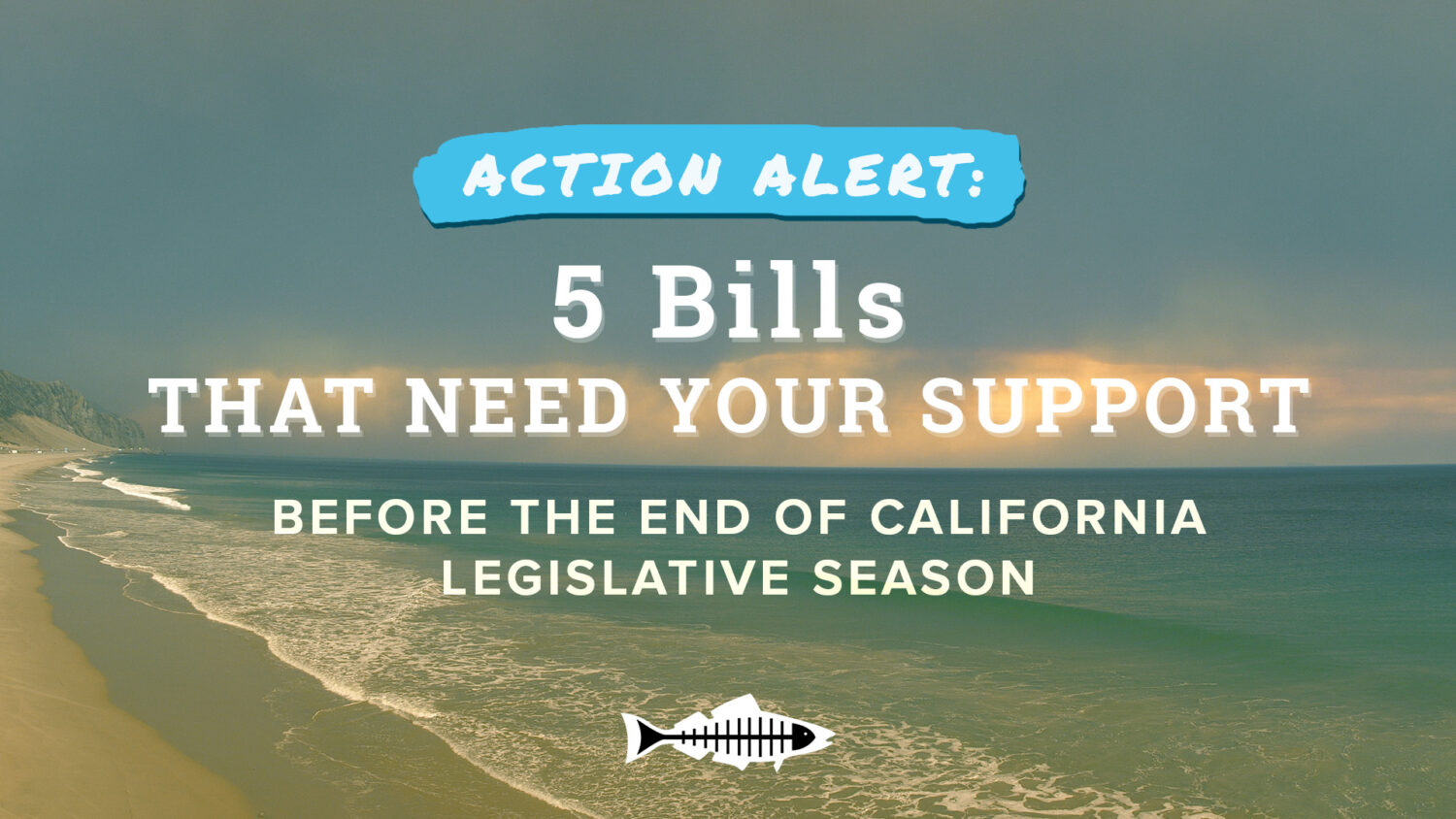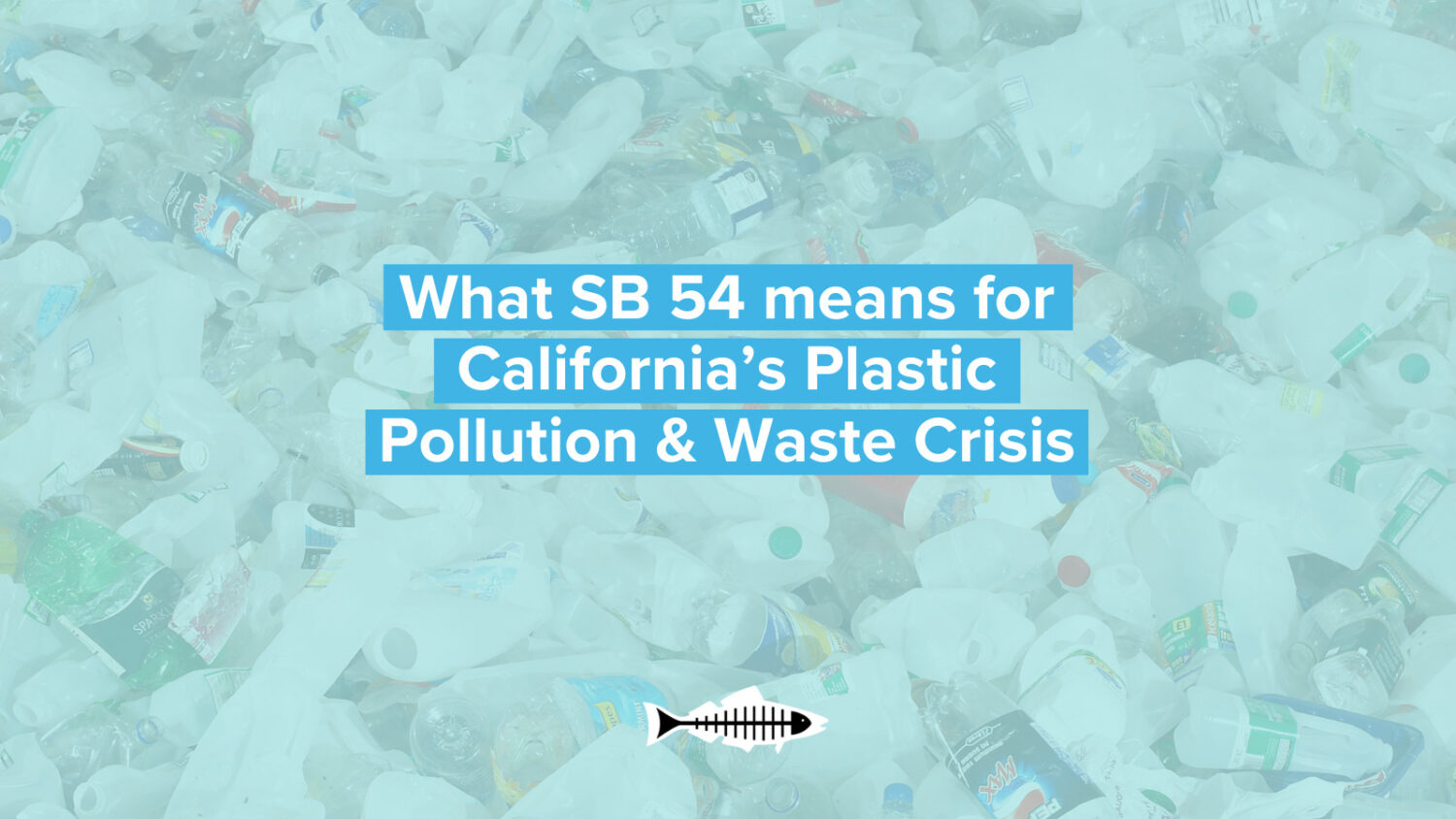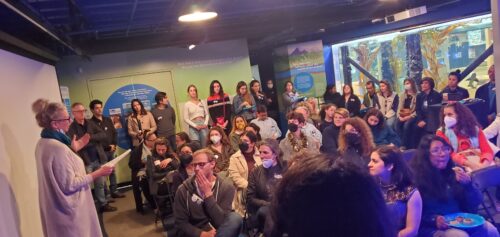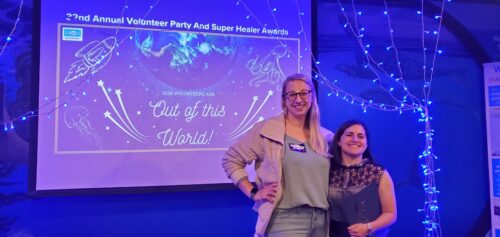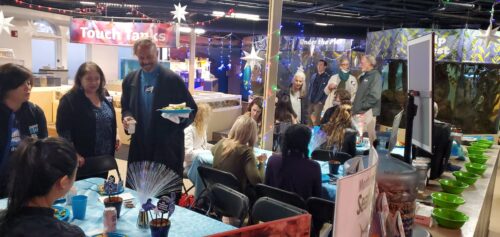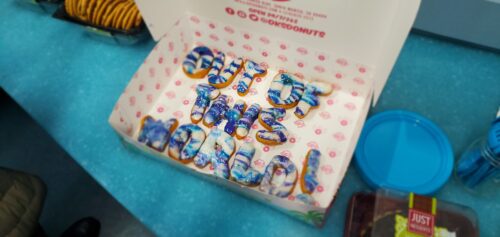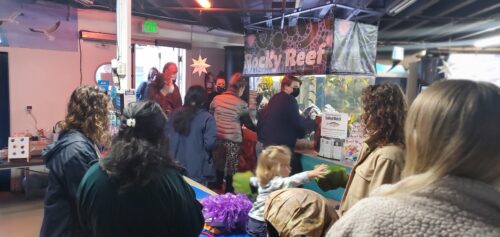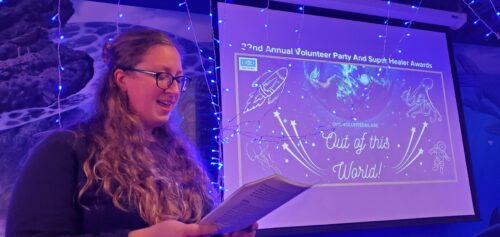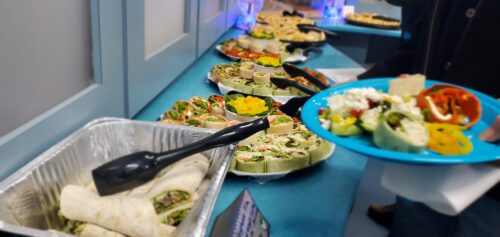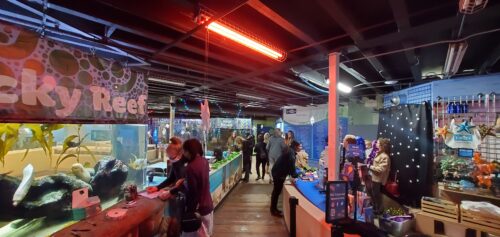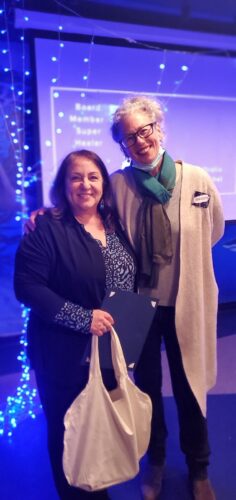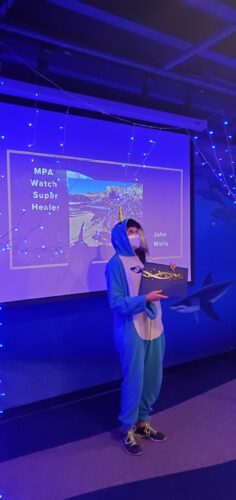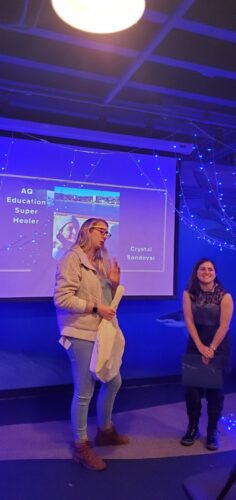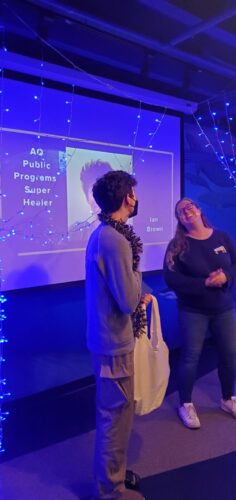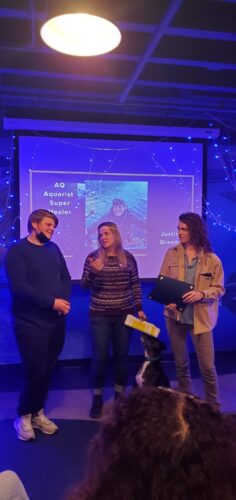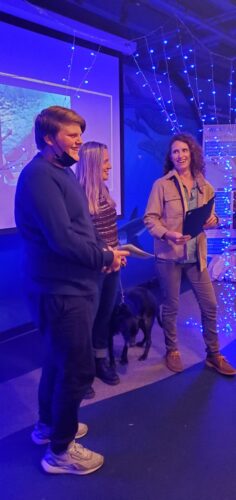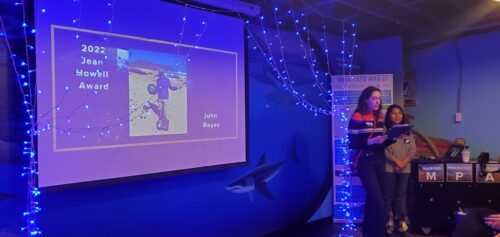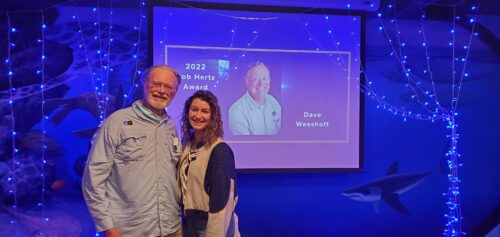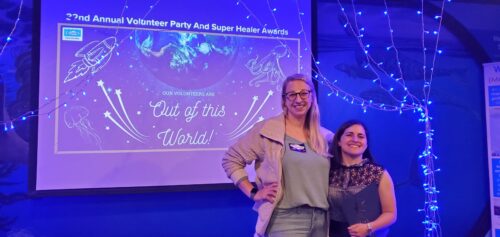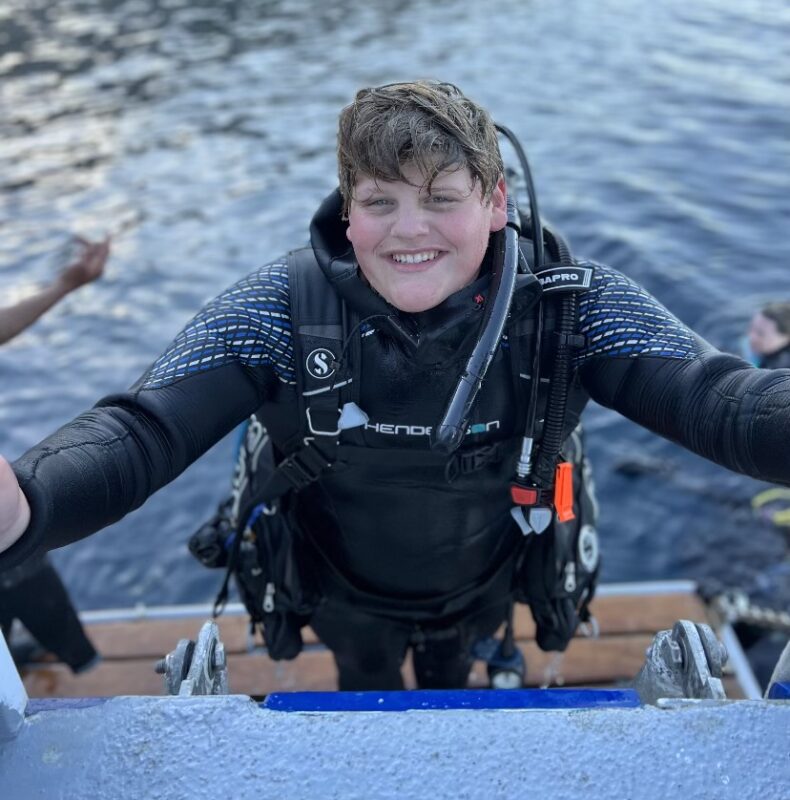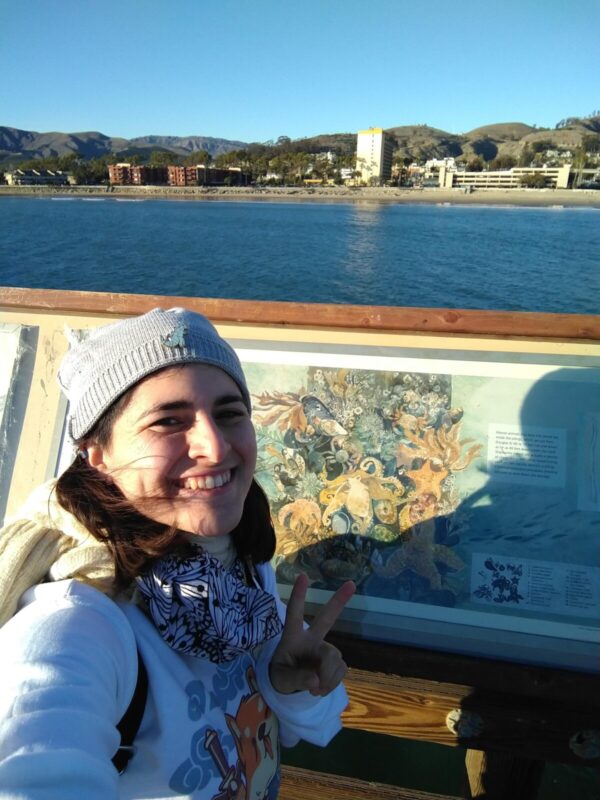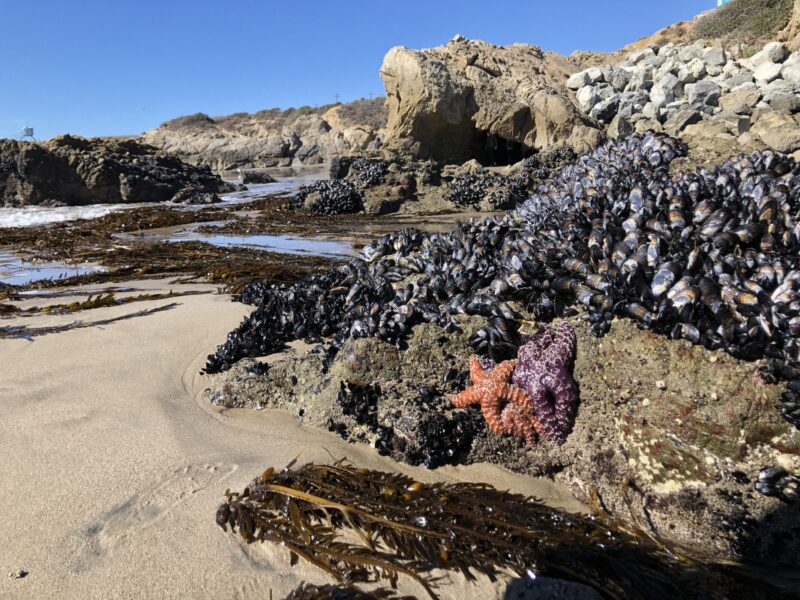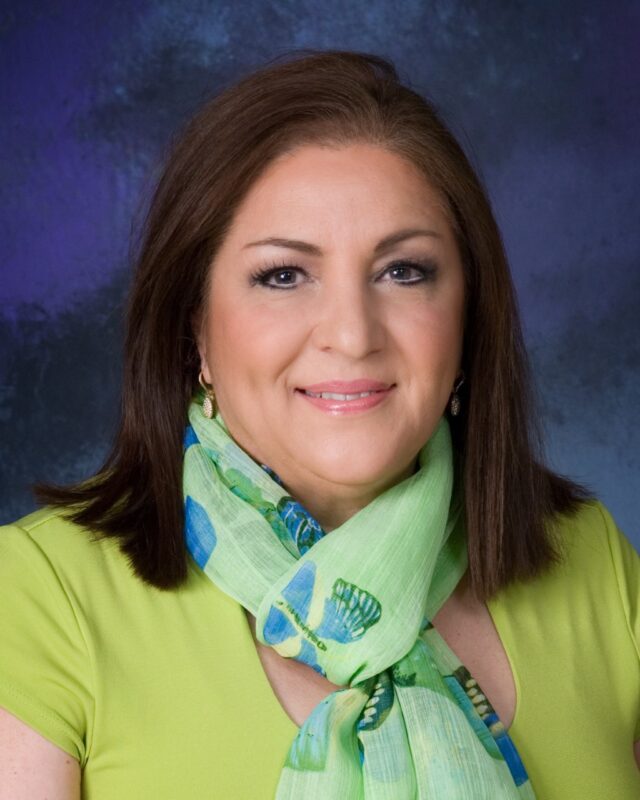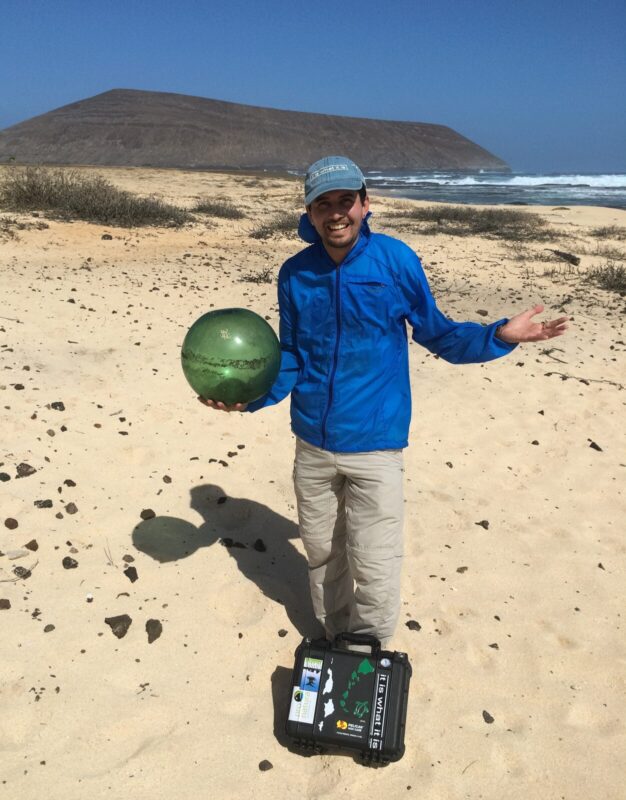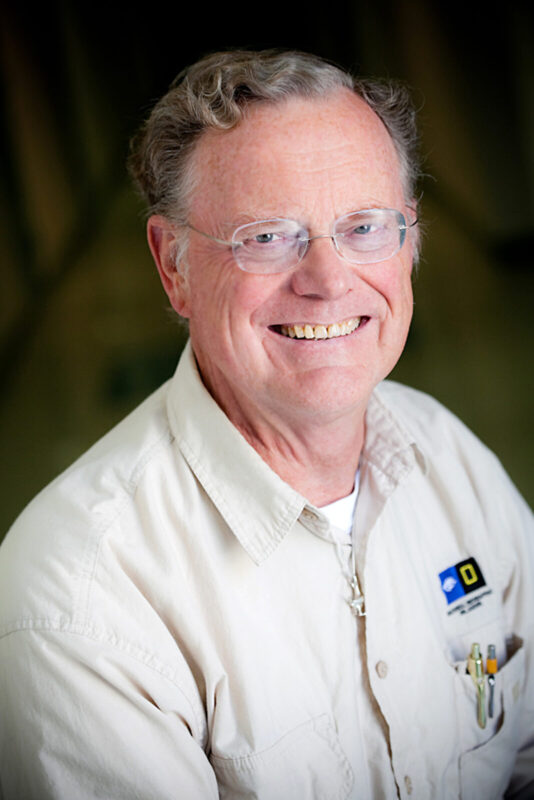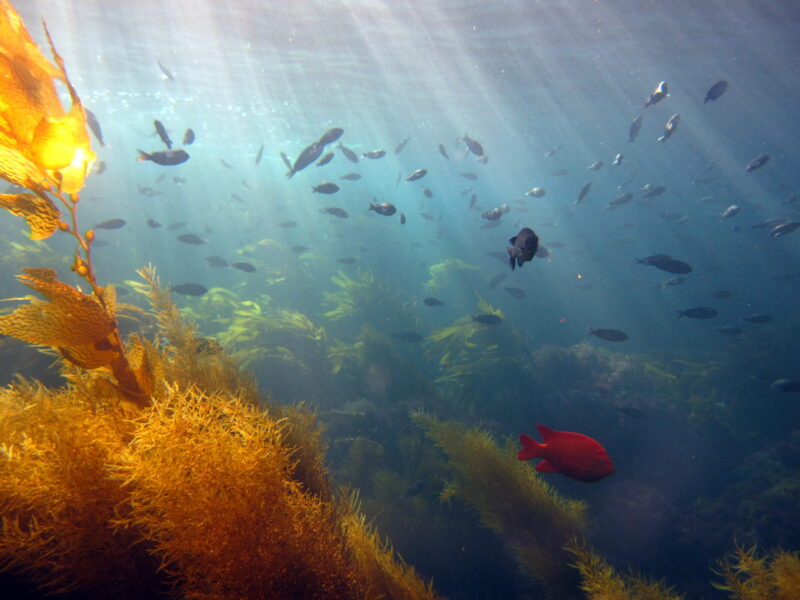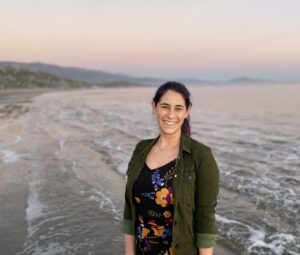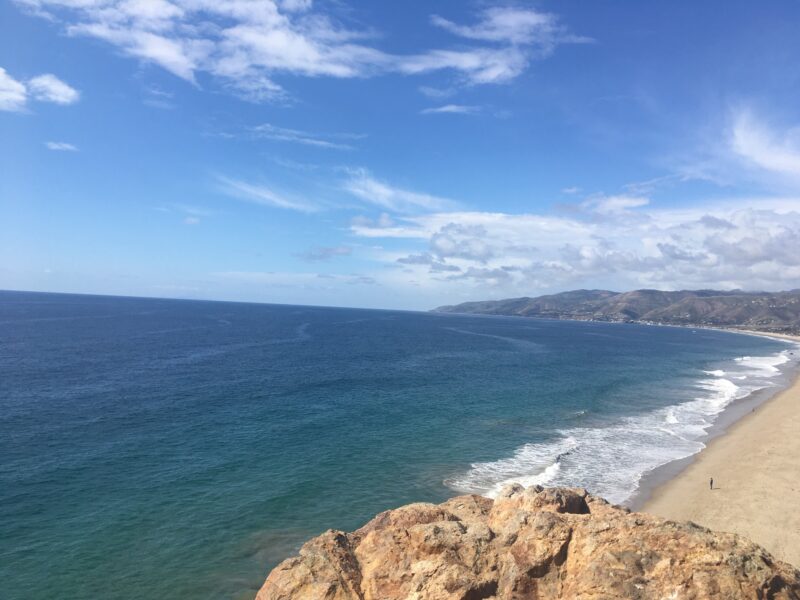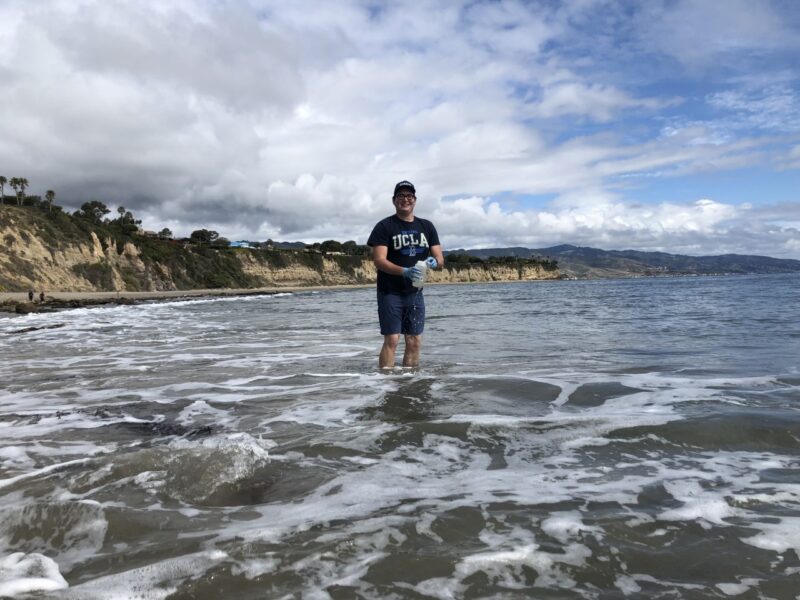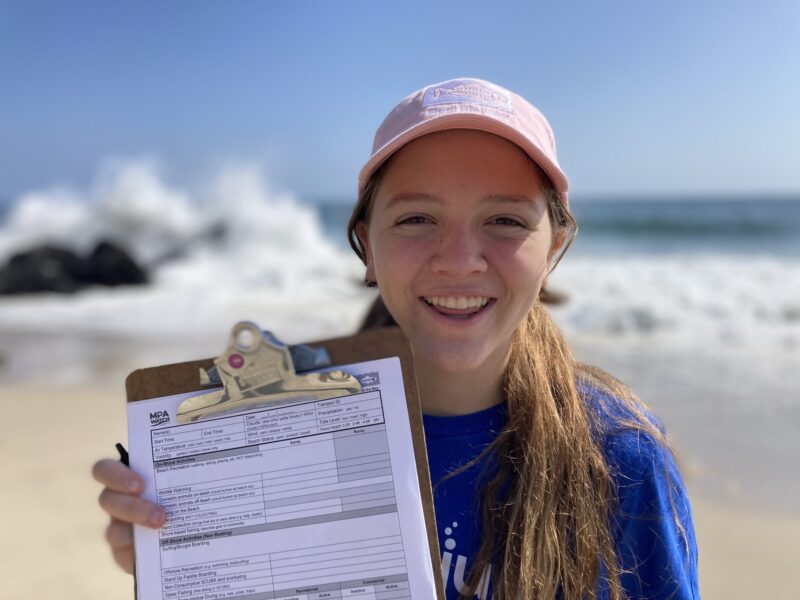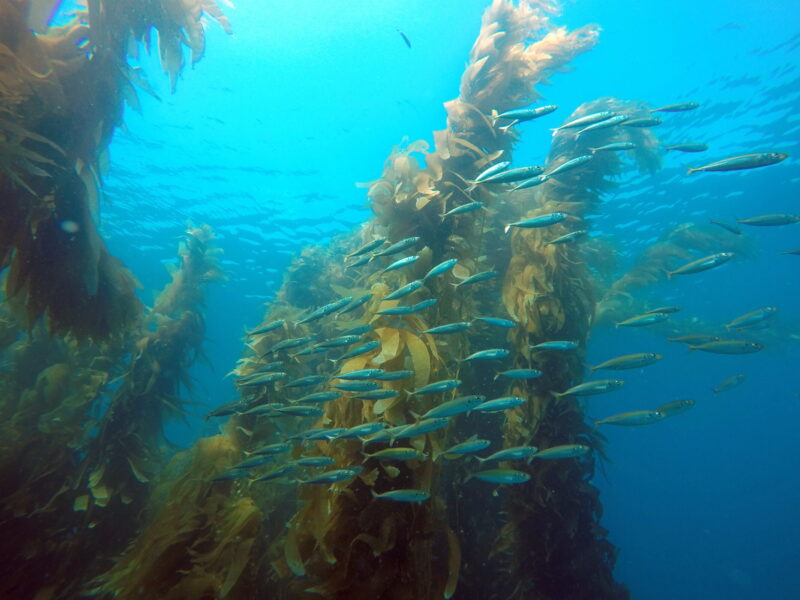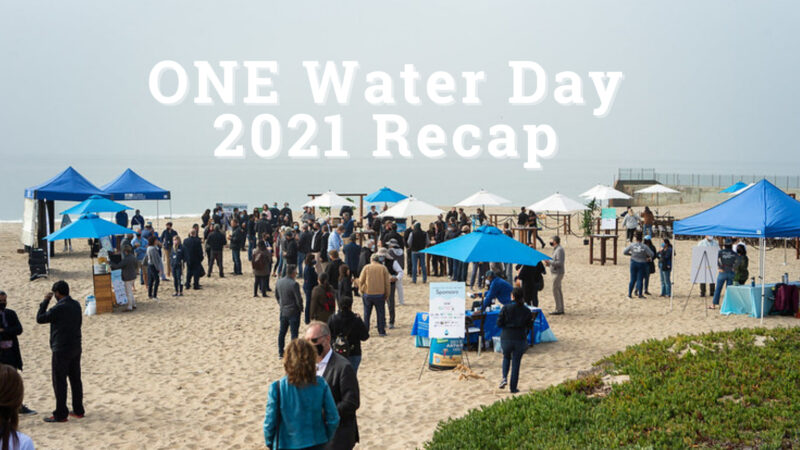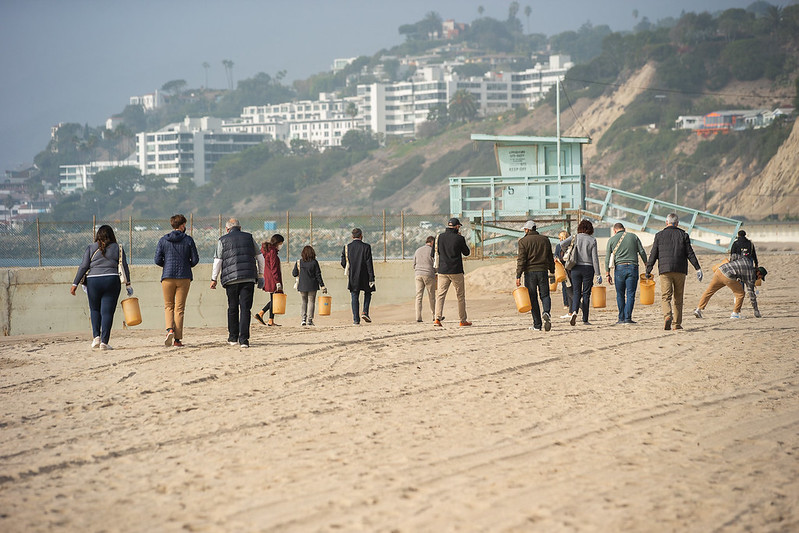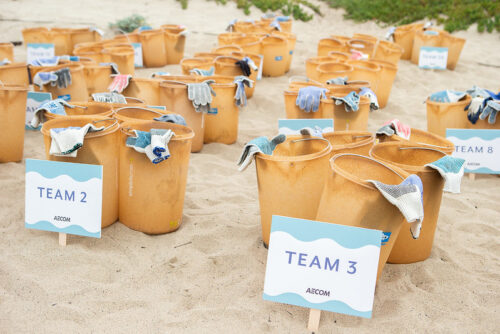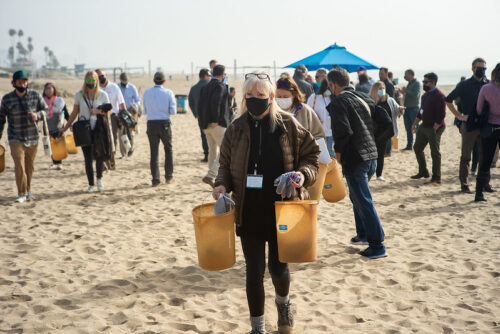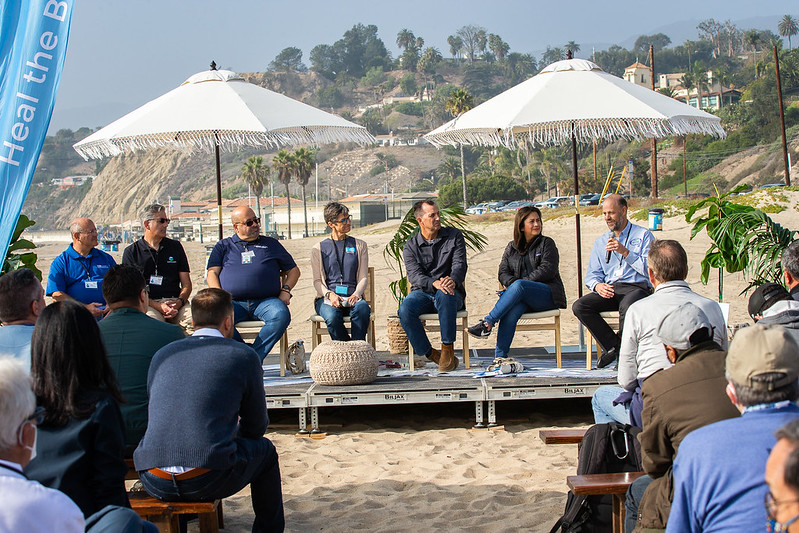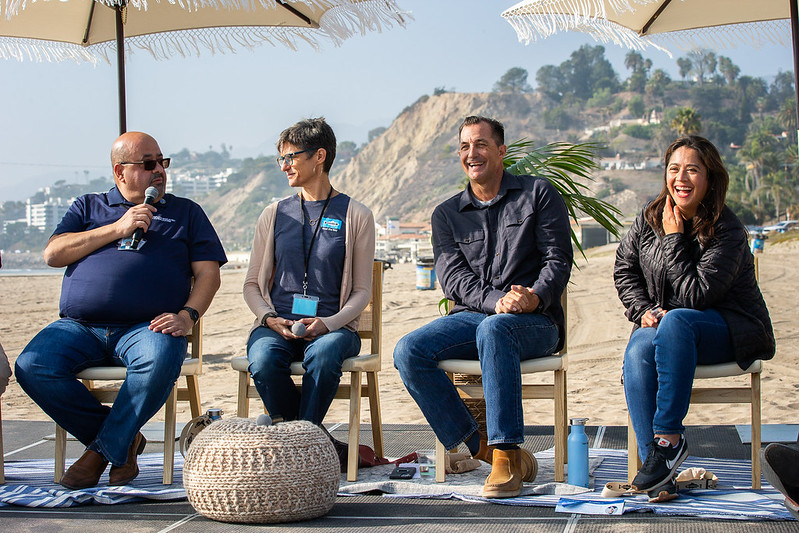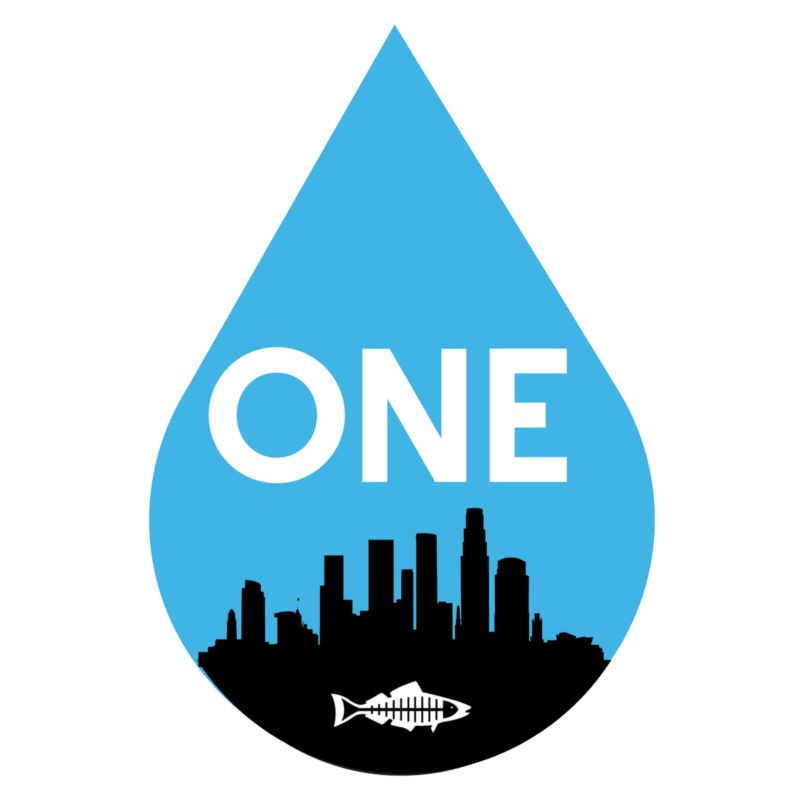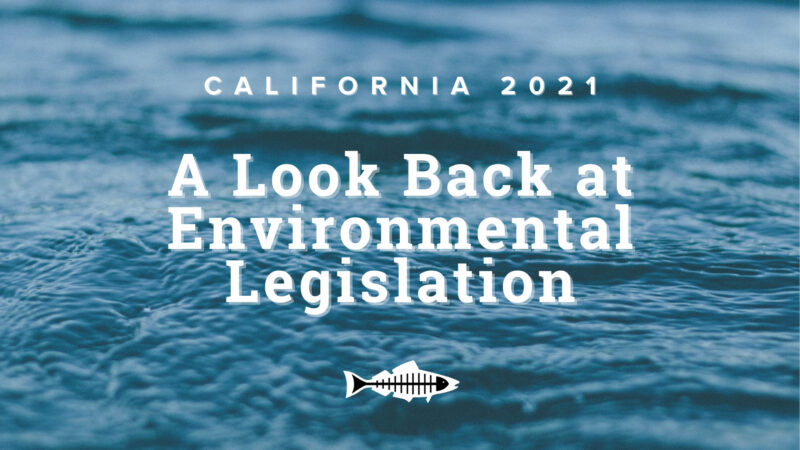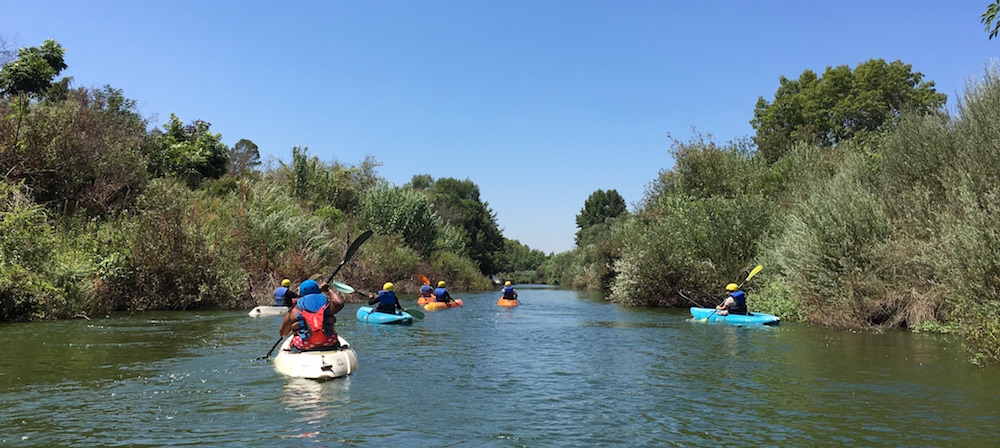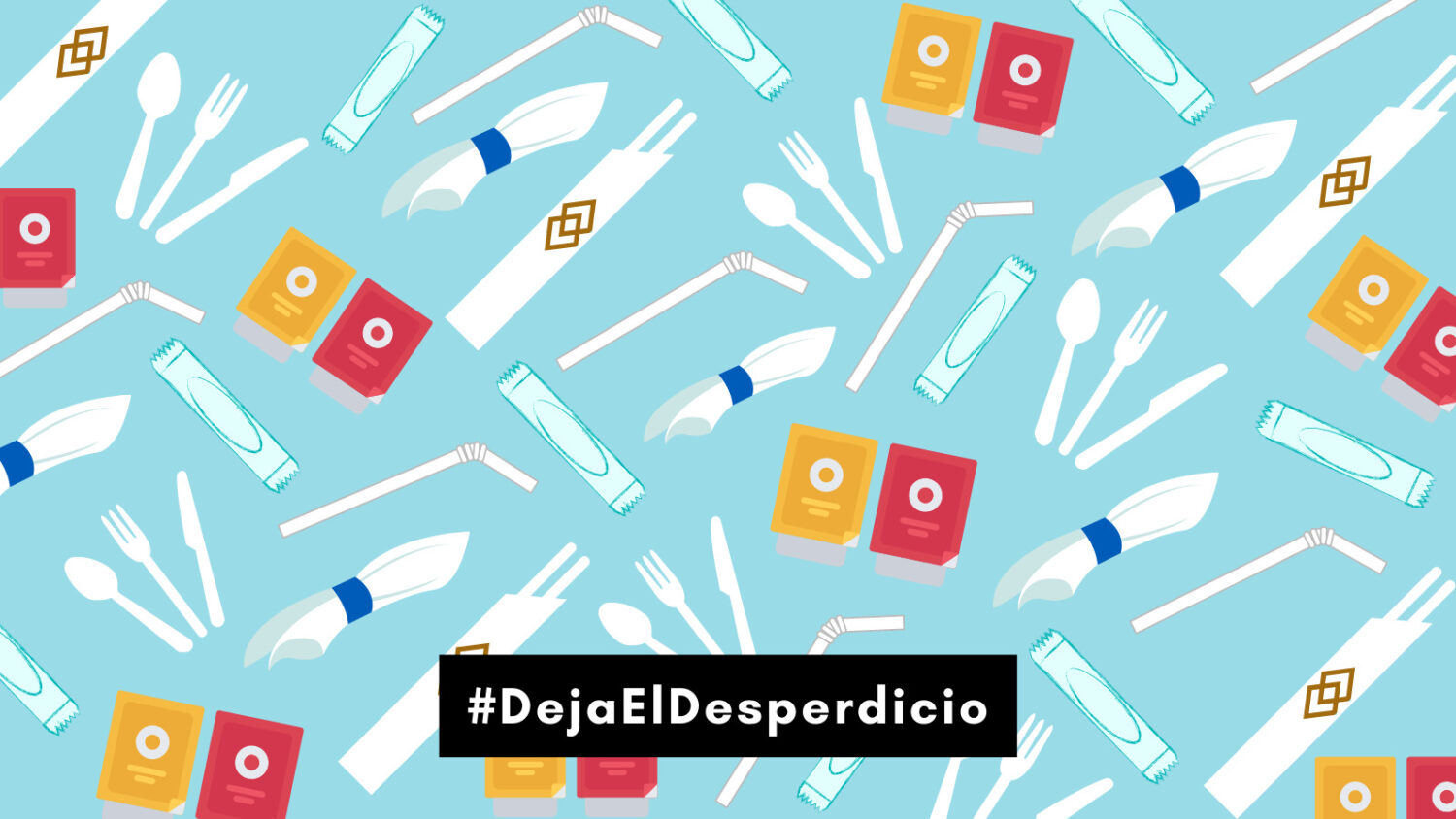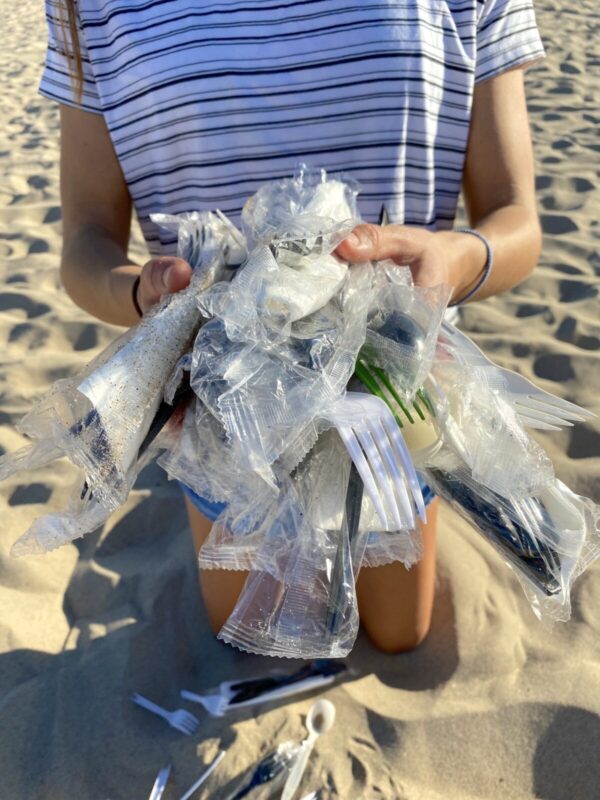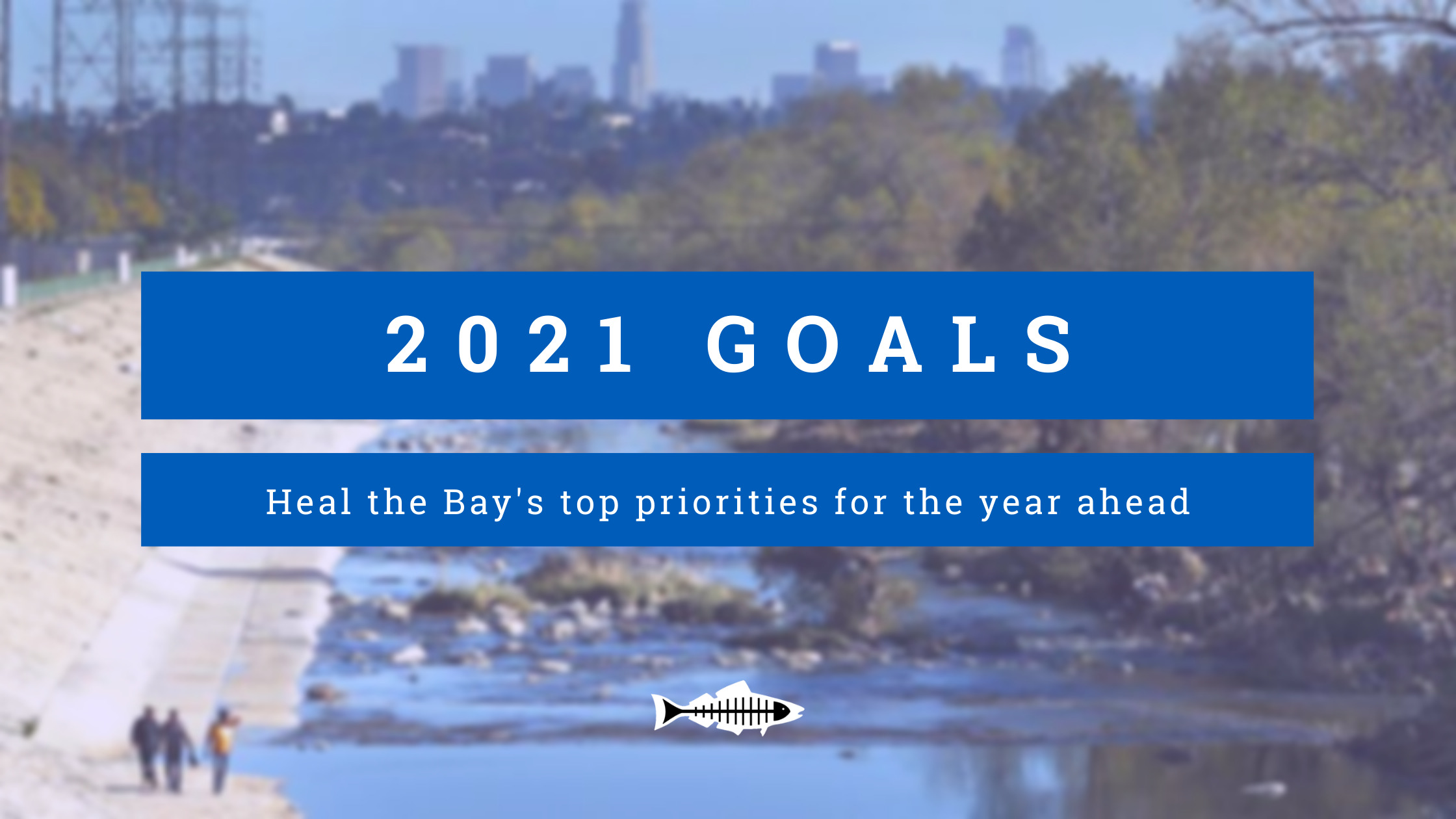💥 Action Alert: We need your calls of support to pass these 5 bills before the end of the California Legislative Season.
UPDATE 09/06/2022: ALL 5 of these bills were passed! Thanks for your support in helping California protect communities and waterways. Now it’s up to Governor Newsom to sign them into law!
IT’S THAT TIME OF YEAR: the end of the California Legislative season! Our state Senators and Assemblymembers have some important decisions to make over the next two weeks and we are just a few plays away from passing some innovative new laws that will help California communities battle climate change, pollution, and drought all while protecting our precious water and ocean resources. We have already had some major wins from the year, like Senate Bill 54 (Allen) passing back in June to fight plastic pollution, and losses, like Heal the Bay sponsored Assembly Bill 2758 (O’Donnell), which would have required public meetings on the DDT pollution off our coast but didn’t make it out of Senate Appropriations. However, there are still plenty of bills on the docket that need our urgent attention.
Heal the Bay has been supporting the following five bills over the past 2-year bill cycle and we have until August 31 to ensure that they are passed by the Senate & Assembly and, if they pass, until September 30 for the Governor to sign them into law. A key factor in their decision-making is the opinions of their constituents. That’s right, YOU! Let’s take a look at this year’s top contenders for environmental legislative wins and how you can help get them across the finish line:
1. AB 1832: Seabed Mining Ban (L. Rivas)
The ocean seafloor is a rich and thriving ecosystem, but around the world, that ecosystem is being threatened by seabed mining. A practice that resembles clearcutting a forest, mining the seafloor for minerals destroys habitat and wildlife leaving behind a barren seascape that grows so slowly, it may never recover. Mining also creates enormous toxic sediment plumes and noise, light, and thermal pollution that disrupt marine habitats. Following in Oregon and Washington’s footsteps, AB 1832 would ban seabed mining in California, effectively protecting the entire West Coast of the United States from this dangerous practice.
2. AB 2638: Water Bottle Refill Stations in Schools (Bloom)
Reusable water bottles are an excellent alternative to disposable plastic bottles, but they aren’t a viable solution if there is nowhere to refill them. AB 2638 would require any new construction or modernization project by a school district to include water bottle filling stations. By increasing access to safe drinking water at refill stations in schools, we can contribute to reuse and refill systems across the state, allowing our students to use reusable bottles instead of harmful disposable ones.
3. SB 1036: Ocean Conservation Corps (Newman)
For decades, the California Conservation Corps has served young adults across the state by hiring and training young adults for conservation-based service work on environmental projects. SB 1036 would expand this program and create an Ocean Conservation Corps. This bill would increase workforce development opportunities to thousands of young adults while contributing to ocean conservation projects like those currently happening at the Heal the Bay Aquarium.
4. SB 1157: Drought Resilience through Water Efficiency (Hertzberg)
California is experiencing long-term aridification, which means a hotter and drier climate, and is currently several years into the most severe drought in 1,200 years. We must ensure that California’s urban areas are not wasting water as we adapt to our changing climate. SB 1157 would update water use efficiency standards to reflect our growing need to conserve water based on best available indoor water use trends. Water efficiency is one of the cheapest, fastest, and most efficient ways we can meet long-term water needs and increase resilience in the face of the climate crisis. Saving water also saves energy, so it can help us meet our climate goals while also resulting in cheaper utility bills. That’s a win-win!
5. AB 1857: Anti-Incineration (C. Garcia)
Right now, Californians are sending their waste to incineration facilities to be burned instead of landfilled or recycled. These facilities are disproportionately located in frontline communities already overburdened by multiple pollution sources. Cities that send their waste to these toxic facilities are currently able to claim “diversion credits”, a tactic aimed at reducing waste sent to landfill and classifying incineration inappropriately in the same categories as recycling and source reduction. AB 1857 would redefine incineration as true disposal, and remove these diversion credits while also funding investments in zero-waste communities most impacted by incineration. This is a critical bill for achieving environmental justice in California and moving us away from toxic false solutions to our waste crisis.
Your representative wants to hear from you to help them vote on these bills, and your voice makes a huge difference. So, we need your help.
Here’s how YOU can help us pass these bills.
Call your Representative: Head to this website to find your representatives and their phone numbers. It takes 5 minutes or less to call your reps. Give the numbers a call and read off the script below, and tell your representative to vote YES on these five environmental bills.
Call Script:
Hello, my name is [insert your name here] and I am a constituent of [insert the representative’s name here, e.g. Senator Stern]. I care deeply about the health and wellness of California’s natural ecosystems and am calling to ask the [Senator/Assemblymember] to vote yes on these five environmental bills: AB 1832, AB 1857, AB 2638, SB 1036, and SB 1157.
These bills will help California protect our environment and better prepare for climate change, while protecting our most vulnerable communities. As your constituent, this legislation is important to me and I urge [insert representative name] to vote yes on all of them.
Thank you for your time.
ACTION LINK(S)
Written by Emily Parker. As a Coastal and Marine Scientist for Heal the Bay, Emily works to keep our oceans and marine ecosystems healthy and clean by advocating for strong legislation and enforcement both locally and statewide. She focuses on plastic pollution, marine protected areas, sustainable fisheries, and climate change related issues.



